The Union Pacific owned one of the largest fleets of Northerns – 45 of them. Dubbed the FEF-class (for four-eight-four) and built in three separate orders (classified as FEF-1 through FEF-3), and the performance of these steel steeds were nothing less than outstanding.
During the postwar period, the A.C. Gilbert Co. offered a 4-8-4 Northern in its S gauge American Flyer line right from the start. It was offered as a 3/16 scale O gauge model in 1940; Lionel didn’t catalog a 4-8-4 until 1957.
The Flyer no. 332 and its successors may represent the peak of Gilbert’s steam fleet. Today, Lionel’s development team has reinterpreted this classic for its own Flyer line.
Opening the box
This stout locomotive has an impressive feel to it. Sure, it’s heavy, but it feels like a tightly assembled package. Everything is in its place and connected to the right feature. Anyone who has opened a newly boxed item, only to have parts tumble out, knows what I’m talking about.
The boiler, tender, and frame are new tooling – no wonder everything looks great! The level of detail, however, is fitting of an American Flyer locomotive.
The model’s done up in the so-called Greyhound (gray) paint scheme, which stand outs from the Flyer crowd (the postwar 4-8-4s were all black). Application of the paint is flawless, and the gray actually helps accentuate the details and the well-executed casting.
The shining side rods stand out. While I prefer the darkened rods in vogue on many O gauge steamers today, there is no mistaking the gleam of this 4-8-4 locomotive rolling down the line.
Exclusive to subscribers, check out a video of the Lionel American Flyer S gauge 4-8-4 Northern running on our test track.
On the test track
The model’s motor ran smoothly and quietly. It was very responsive to commands in all speed ranges.
The flywheel is a definite plus. Traction tires on the rear drive wheels help make the model sure-footed.
During operation, our sample locomotive proved to be more sensitive to bad track than other S gauge locomotives I’ve tested. First, there was one spot on our test layout where the locomotive and tender became separated every time in one direction, and about half the time when running the opposite way.
Second, the locomotive seemed to find “dead spots” on my home layout that diesels I run never even notice. Yet when I hand-pushed the RailSounds-equipped tender through the same spot, it continued chuffing away although the locomotive motor simply stopped dead still when it hit that section.
Our low-speed test average for the locomotive was 9.7 scale mph, while the high-speed average was 65 scale mph. Drawbar pull was 1 pound 8 ounces.
The locomotive comes with Lionel RailSounds (but not TrainMaster Command Control). Although not clearly mentioned on the box, the 4-8-4 also has a postwar American Flyer “choo-choo” sound feature. This sound comes from a small opening in the smoke-unit chamber that emits a “choo” noise as air is forced out of the opening by the same piston that creates “puffing” smoke. The “choo-choo” was a respectable sound system in its day.
“Choo-choo” and RailSounds don’t create harmony when working at the same time. Whereas RailSounds can be turned on or off by a switch, the choo-choo sound is always on. And on the 4-8-4, “choo-choo” doesn’t deliver a lower-pitched chugging sound – it has the high-pitch of a squeak toy. I can’t image anyone being happy with this.
Hobbyist Bob Bubeck, writing in S Gaugian magazine, reports that the fix for this problem is a replacement gasket (Lionel part no. 640-8047-220) that is longer than the original gasket. Once installed, it eliminates the noise.
Lionel’s recent reinterpretations of A.C. Gilbert postwar locomotives have left a flat taste in my mouth, but this model captures the toy-like charm of postwar Flyer trains yet with improvements that reflect modern production techniques. In this case, newer is better.
Audio glitches aside, this locomotive is the nicest modern-era American Flyer product I’ve operated. As the old TV ad said, “Try it, you’ll like it.”
Price: $474.99 (no. 48054)
Features: Can-style motor, die-cast metal construction, smoke unit, both RailSounds and traditional “choo-choo” chuff sounds
Pros: Captures the toy-like style of the postwar model, runs well
Cons: “Choo-choo” sounds are too high pitched and ruin the effect of RailSounds
Made in the People’s Republic of China for Lionel





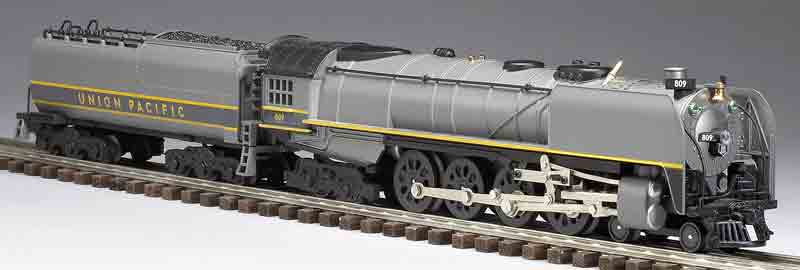

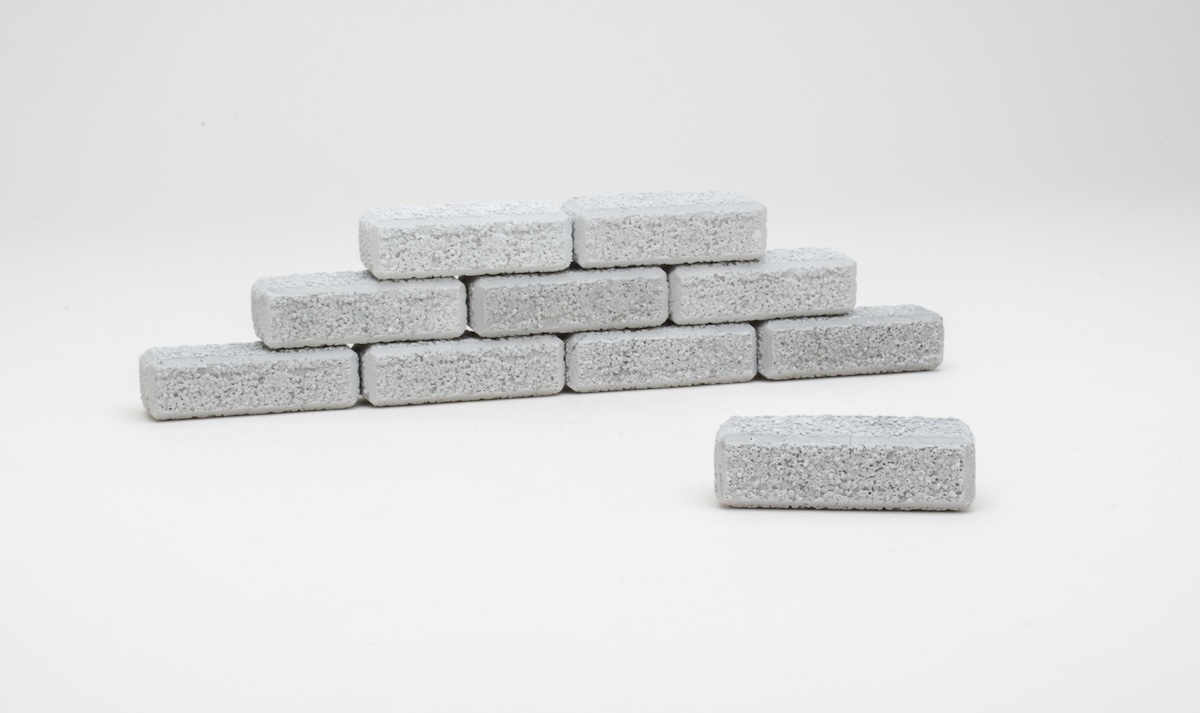
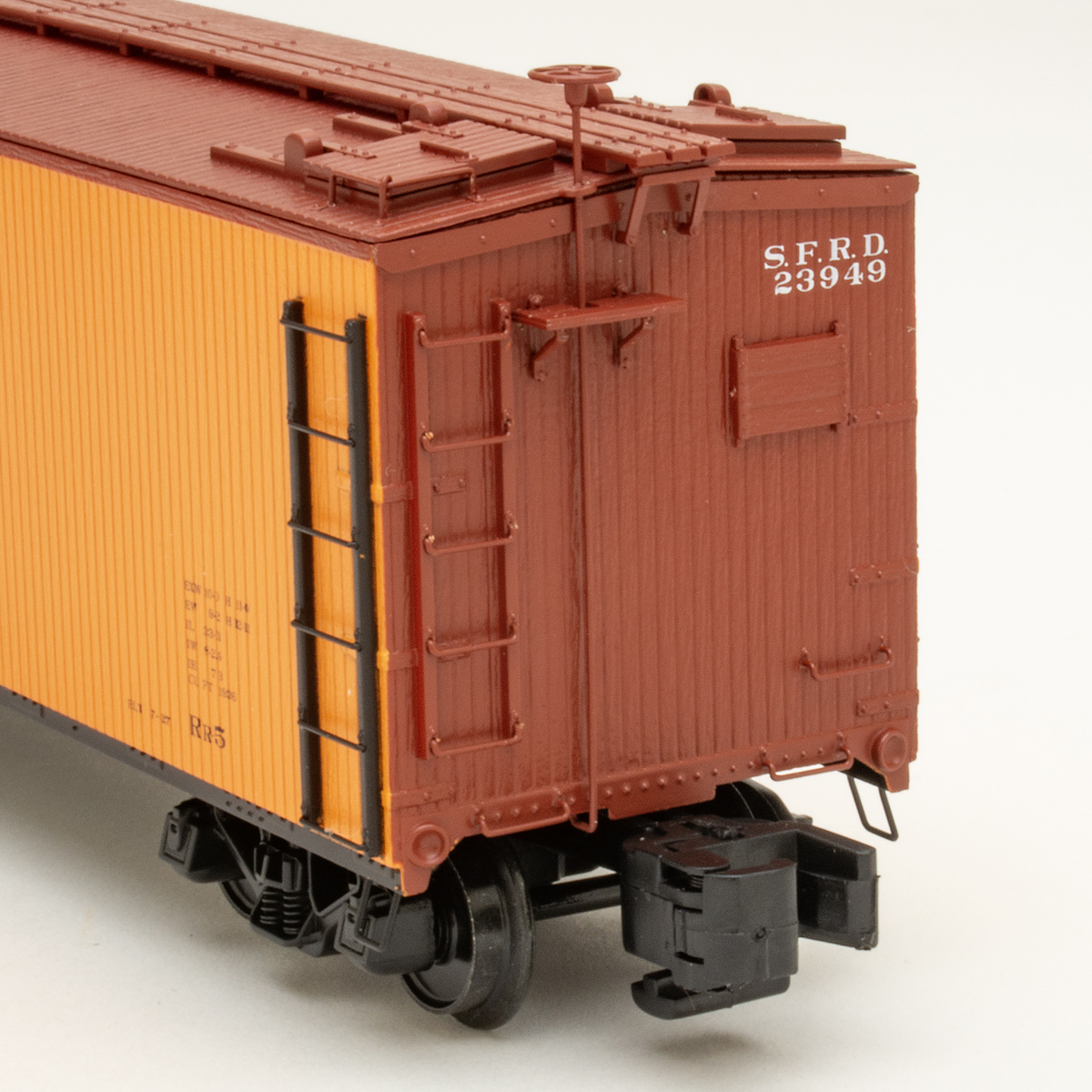
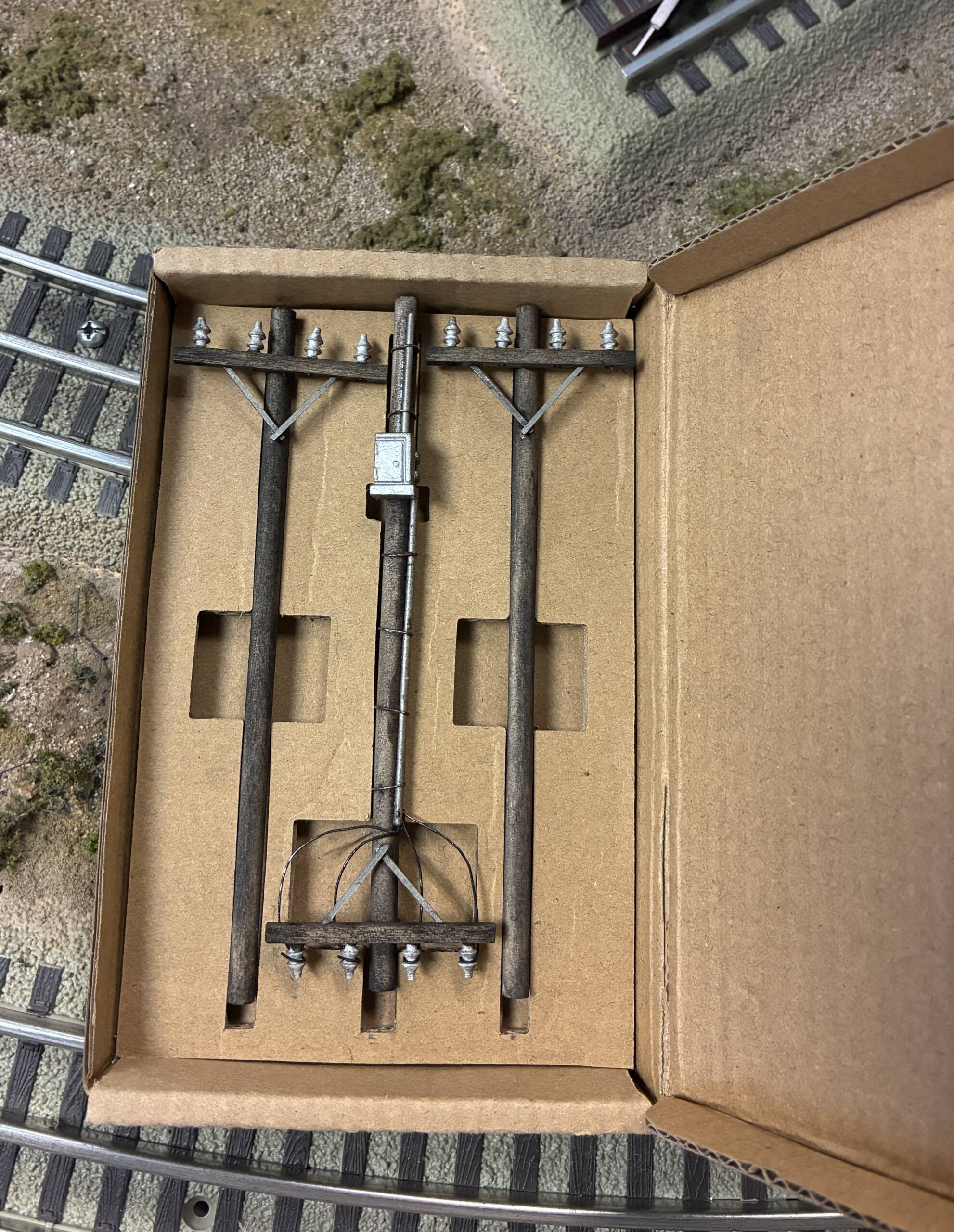
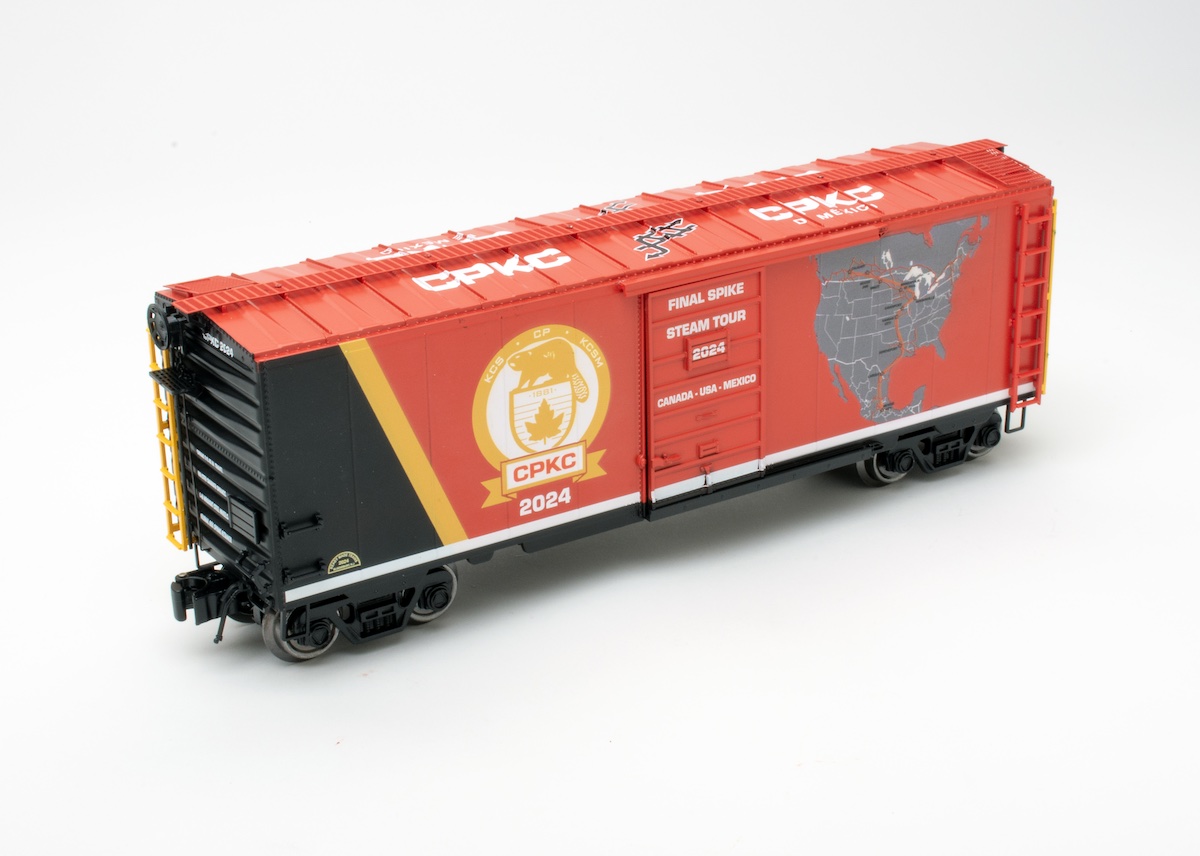
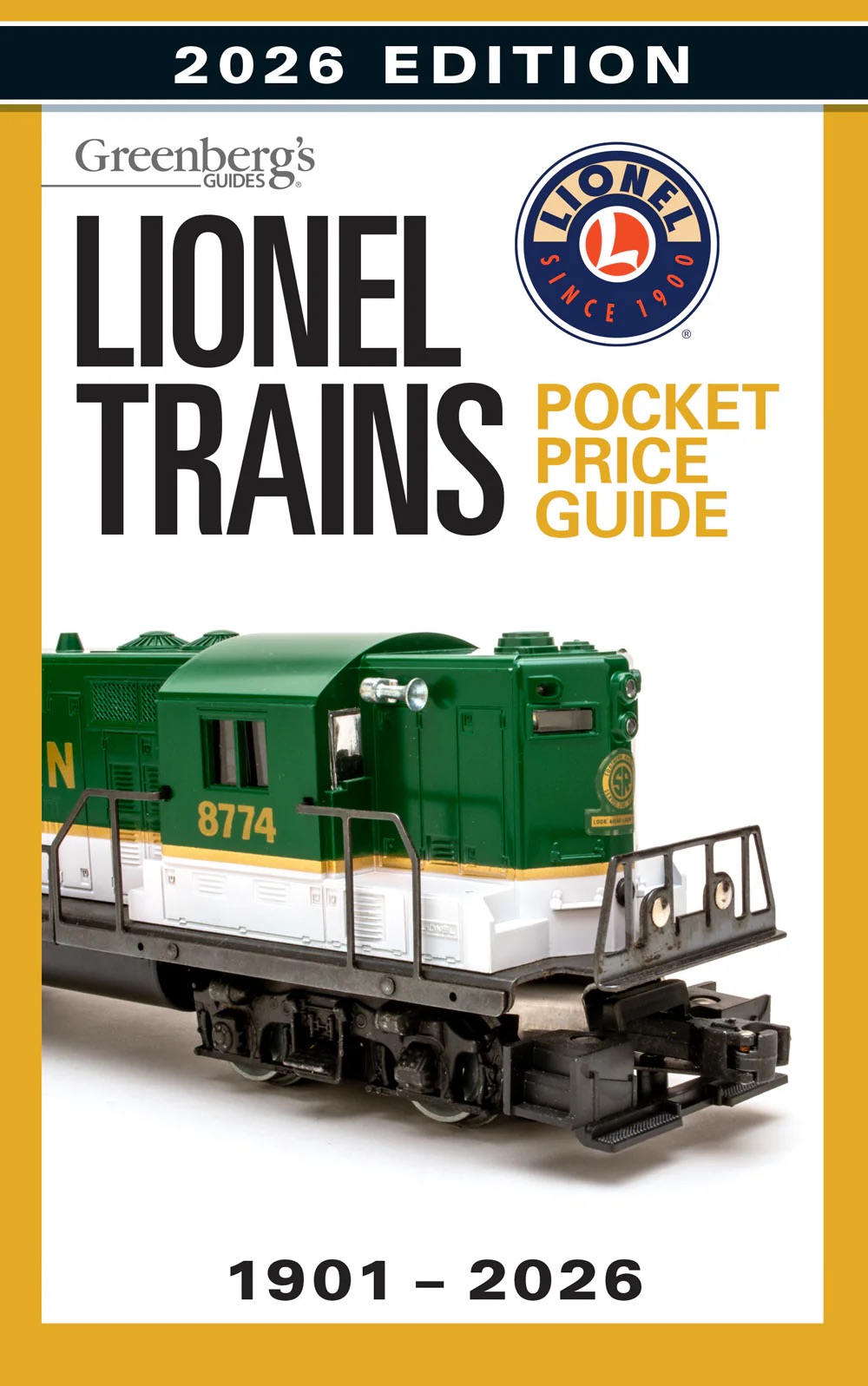
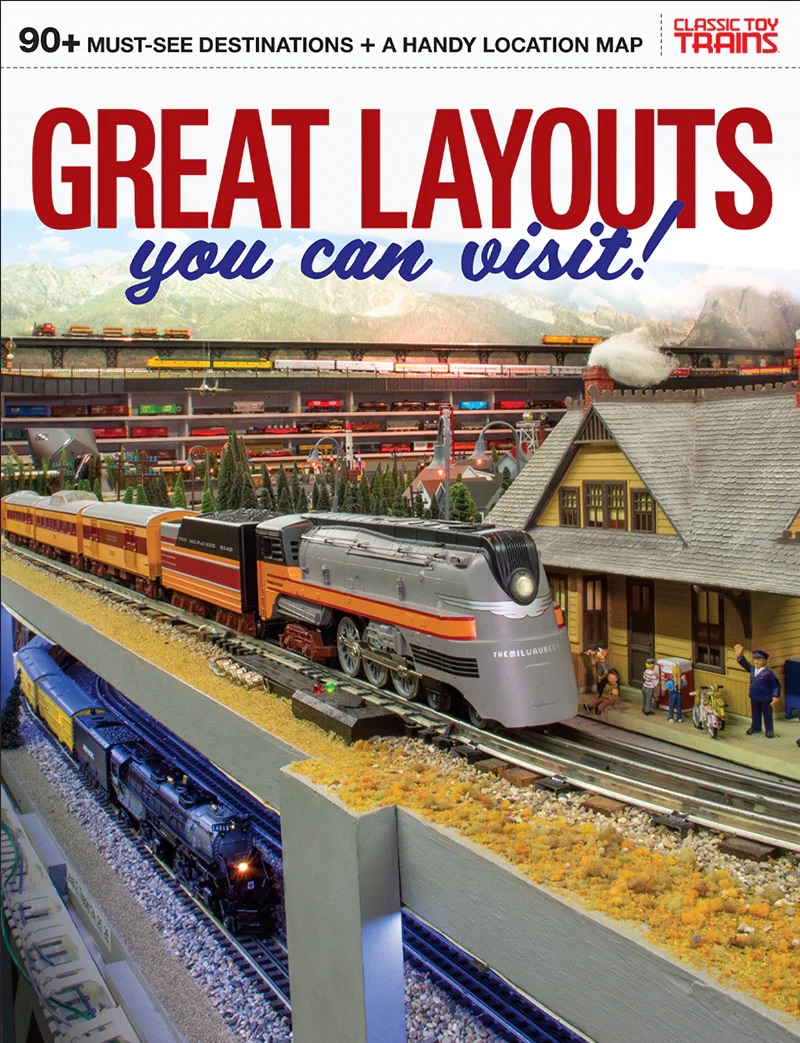
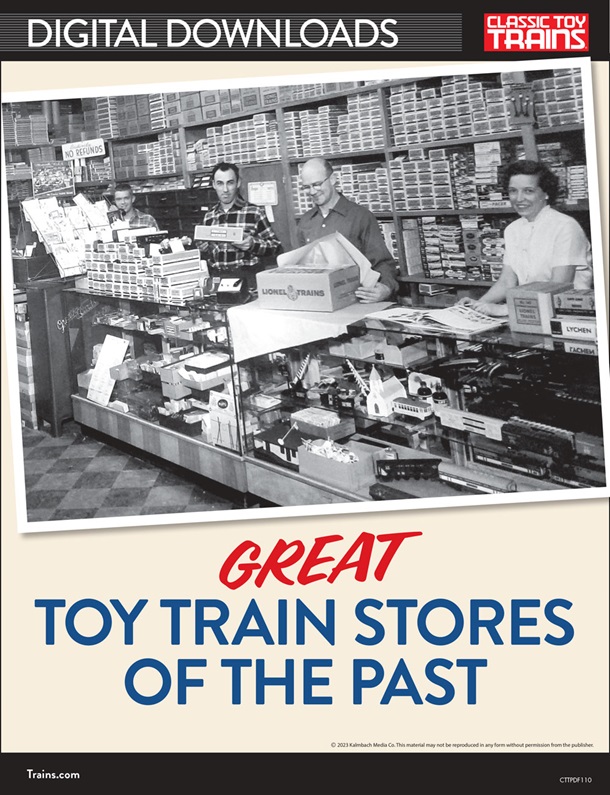
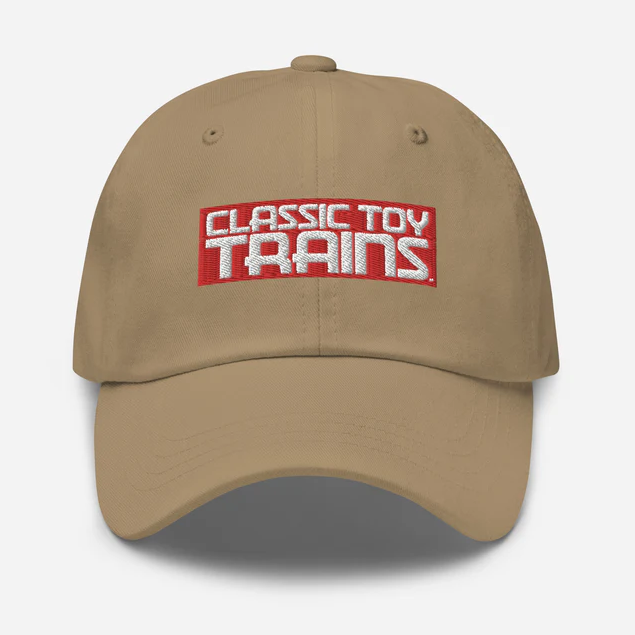
Gotta have this. Waited forever for the smoke shields.
I am very surprised that TMCC isn't available as more S gaugers, such as myself, are running TMCC with old AF, too. A cost consideration, perhaps. I applaud Lionel for reintroducing old steamers with new features and I hope they keep it up. They should promote TMCC in the Flyer line to boost sales.
This is a beautiful locomotive and looks great pulling the UP heavy weight cares behind it. The Lionel fix for the smoke unit squeek works fine as the rail sounds doesn't need added choo choo sounds. I only wish that it had TMCC as the mikado and pacific do.
What were they thinking by adding the choo-choo sound in the engine, AND a railsound tender?